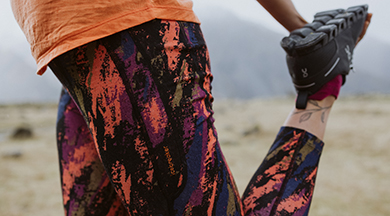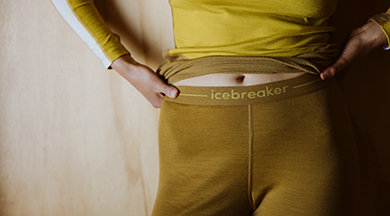Wool vs. merino wool vs. synthetic
From wool to synthetic to merino
The natural evolution of a better performing fibre.
Traditional wool
Once everyone wore traditional wool outdoors. It was warm of course, but it was also heavy, bulky, took forever to dry and it itched like crazy!
Synthetic
In the 1970s everyone started wearing synthetics fabrics. They had the advantage of being lightweight, easy care and non-itch, but the disadvantage of feeling wet and clammy to touch, sweaty and smelly, and as they were petroleum-based, highly flammable!
The Merino solution
Finally, a performance solution with none of the downsides! Merino is super lightweight, soft, non-itchy, non-clammy, warm in the cold and cool in the heat, and has a miraculous ability to resist odour. Because it was made in the mountains rather than in a petrochemical laboratory. It's naturally renewable, recyclable and biodegradable.








